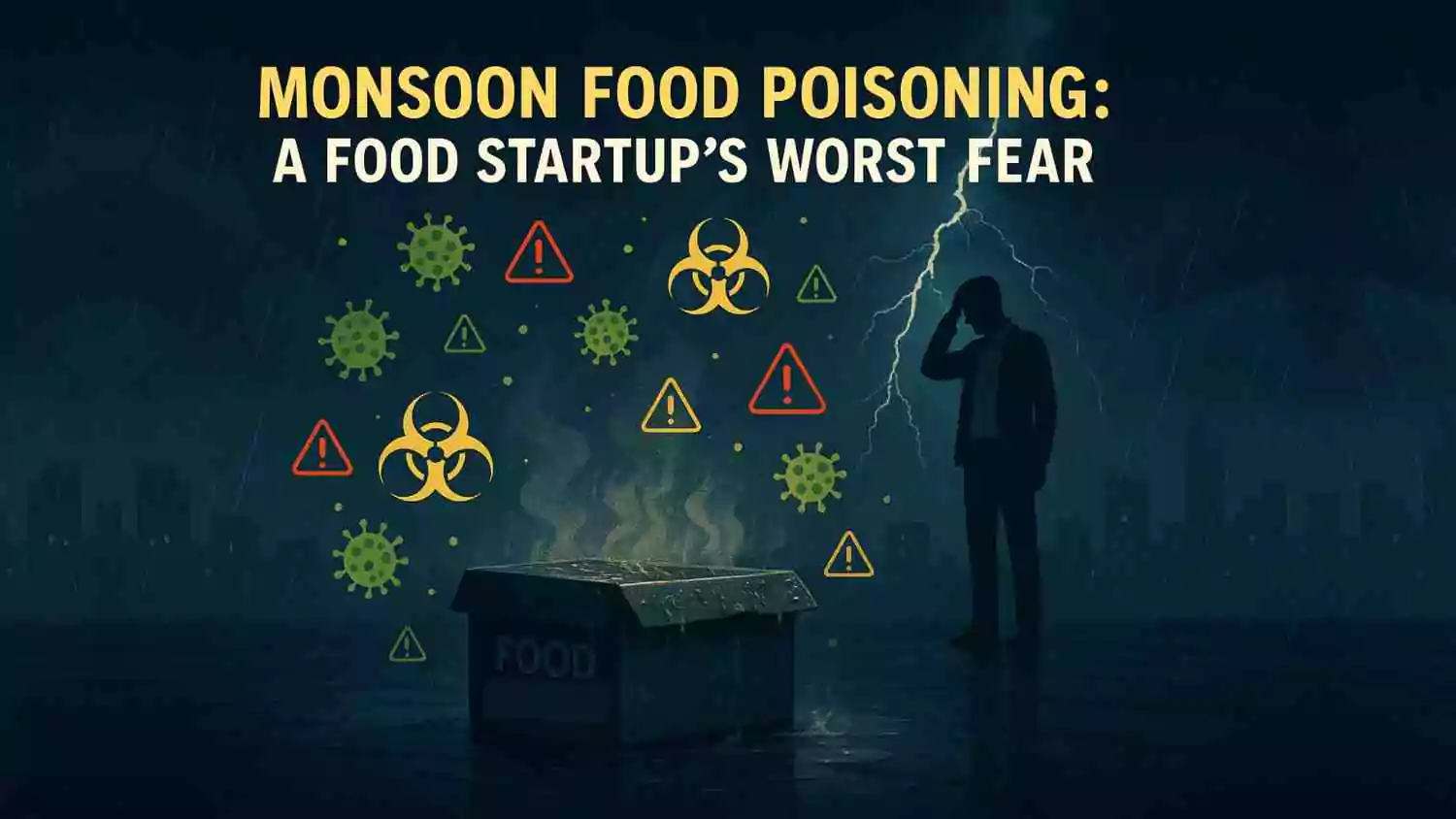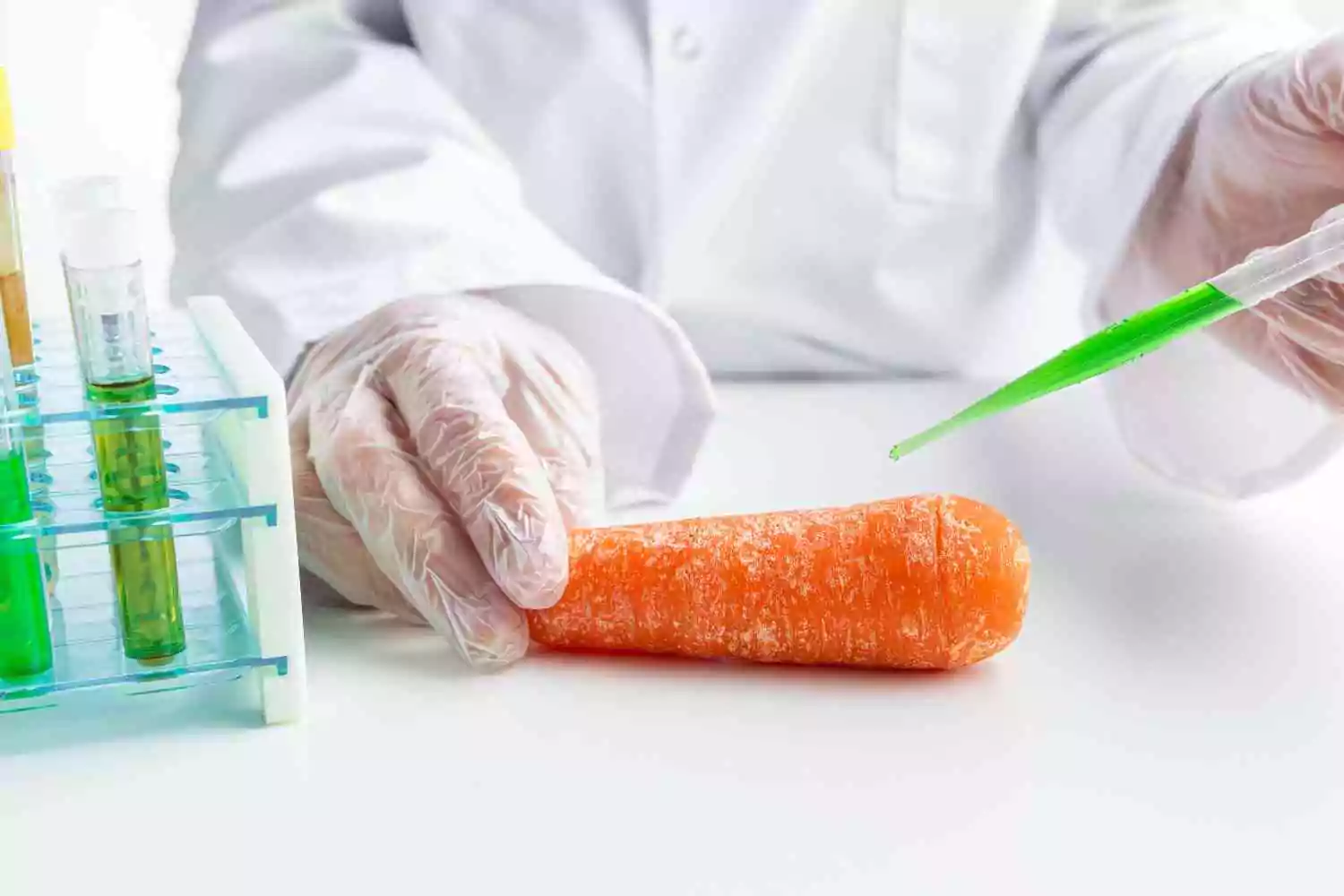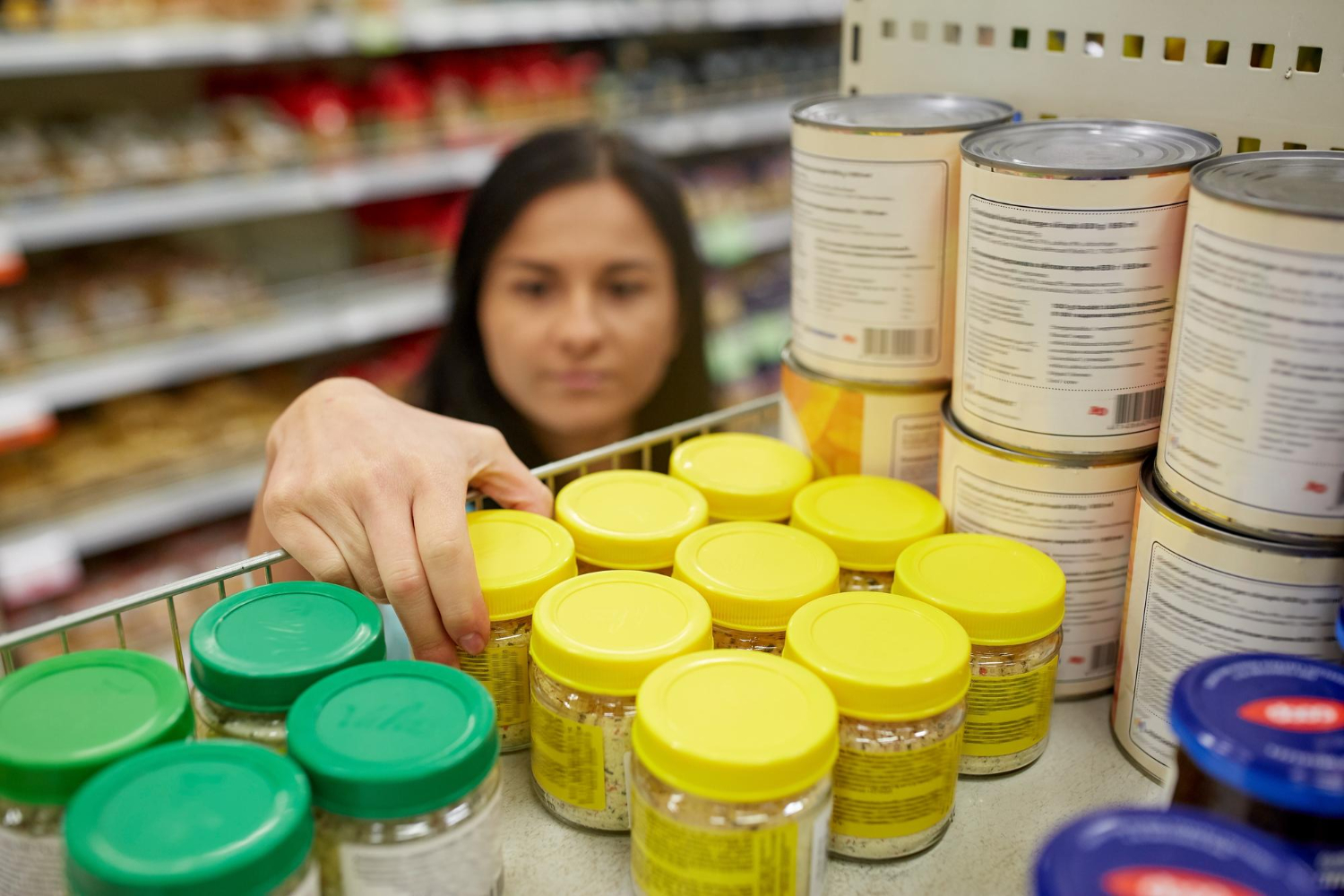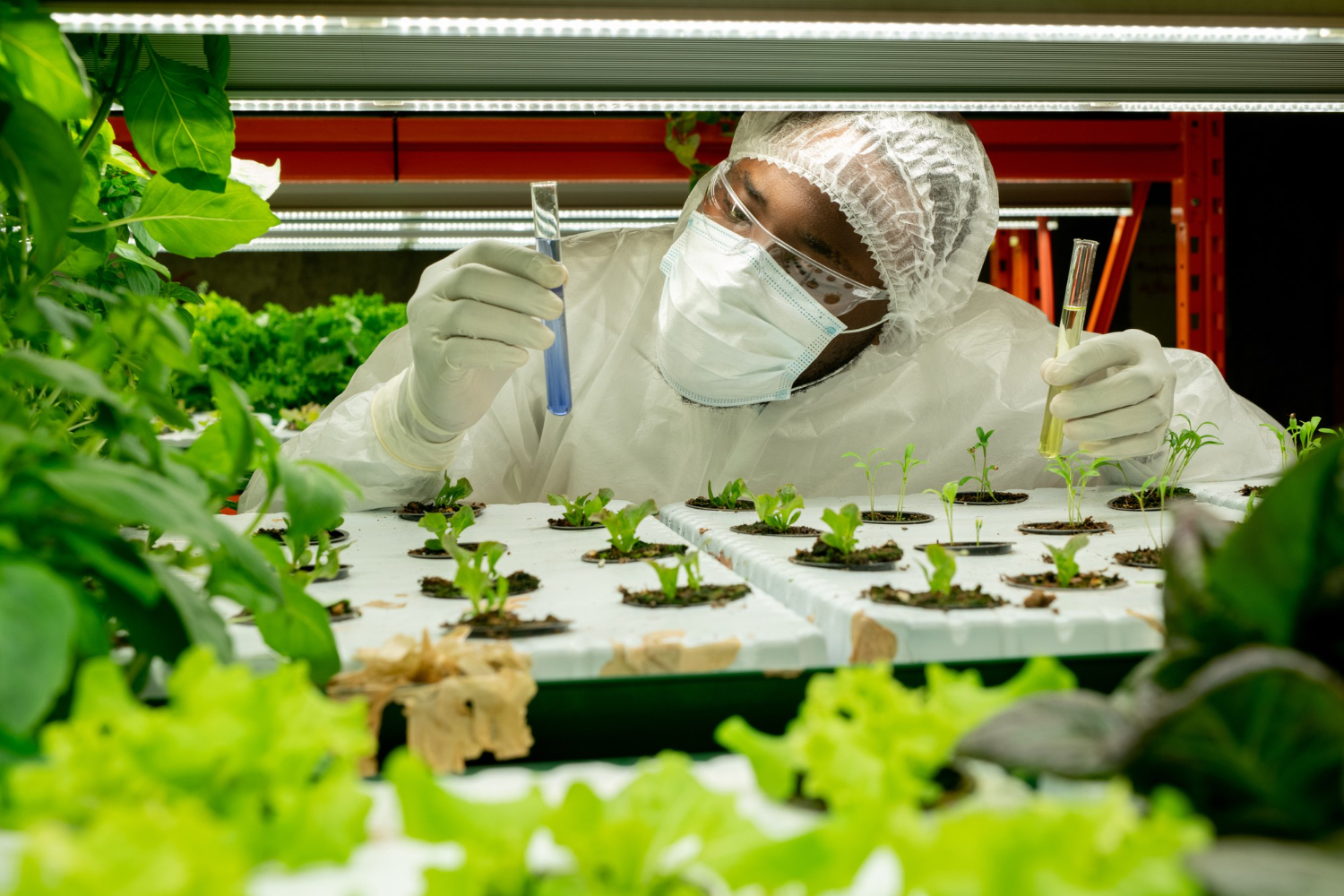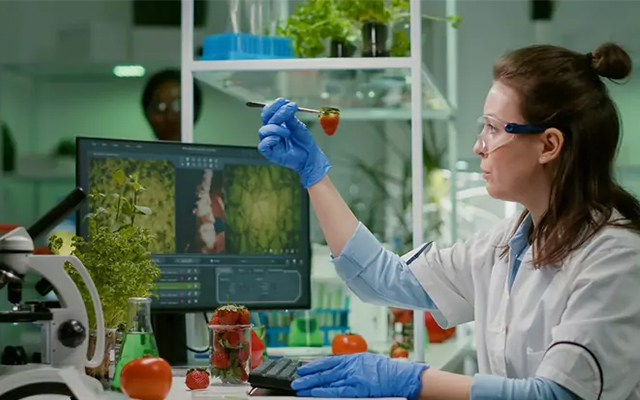Harmful Effects Of Soft Drinks

Along with the popularity of the ready to eat food industry, the consumption volume of soft drinks saw an exponential growth, reaching up to 7 billion liters in India during the year 2023. With the free flow of soft drinks into Indian homes, the risk of harmful side effects that come with them is also becoming predominant.
Sugar, the main ingredient in all soft drinks, is the root cause of various acute health conditions. The consumption of sugar releases dopamine in the brain, which makes it addictive in nature.
Drinking soft drinks regularly will lead to weight gain, fatty liver, diabetes, tooth decay and more.
Side effects on a human body
The risk of cancer, gout, leptin resistance, and dementia increases if a person consumes soft drinks for over a long period of time. Added sugar consists of sucrose and fructose, which needs to be converted into glucose by the liver before it can be used by the body. Fructose in the body does not lower ghrelin or ‘hunger hormone’ in the same way glucose does. Glucose can be metabolized by every cell in your body, whereas fructose can only be metabolized by the liver and when the liver gets overloaded, the fructose is turned into fat.
When someone consumes liquid sugar, it adds to their total calorie intake, which is associated with weight gain. Fructose significantly increases the dangerous fat around the belly and organs called visceral fat. This may lead to obesity in a person, increasing the risk of heart diseases, liver diseases, sleep apnea and certain cancers.
Pest control is another critical area where many food establishments fall short. Pests like rats, cockroaches and flies can contaminate food and lead to serious foodborne illnesses. Implementing regular pest control measures is essential to prevent infestations.
Proper storage of raw materials and prepared foods is key to preventing contamination. Keep food at the recommended temperatures and ensure that expired or spoiled ingredients are disposed of promptly. This is especially important for perishables like meat, dairy and seafood.
Water is a fundamental component of food preparation and using contaminated water can lead to foodborne illnesses. Ensure that the water used in your facility is safe by conducting regular water tests. This is particularly important for food establishments in urban areas where water contamination is more common.
6. Comply with Food Labelling Regulations
Food labelling is an area where FSSAI has strict guidelines. All packaged foods must have proper labelling that includes ingredients, nutritional information, allergen warnings and expiration dates. Non-compliance can lead to penalties.
7. Train Your Staff in Food Safety
A well-trained staff is the backbone of a safe food business. Employees should be educated on hygiene practices, safe food handling, and FSSAI compliance. Regular training sessions can help staff understand the importance of maintaining food safety standards.
8. Implement a Food Safety Management System (FSMS)
A Food Safety Management System (FSMS) helps monitor and control food safety at all stages of production. Implementing an FSMS ensures that critical control points are managed and potential hazards are identified and mitigated before they become issues.
9. Follow Proper Waste Disposal Practices
Improper waste management can attract pests and lead to contamination. Ensure that waste is disposed of regularly and in accordance with local guidelines. Using separate bins for organic and inorganic waste can also help in maintaining cleanliness.
10. Conduct Regular Internal Audits
Performing regular internal audits of your food business can help identify areas of non-compliance before the authorities do. Regular audits ensure that your business is up-to-date with all FSSAI regulations, reducing the risk of penalties.
Contaminated food can lead to serious health risks, as seen in the case of two million people who died from consuming contaminated food and water, with 9,646 cases occurring in India alone. Regular food testing helps identify potential hazards like bacteria, toxins and allergens, ensuring that the food you serve is safe for consumption.
In conclusion, maintaining food safety standards not only helps businesses avoid legal troubles but also builds trust with consumers. Investing in food testing and adhering to FSSAI guidelines is a step towards a safer, more hygienic future for both businesses and the public.




